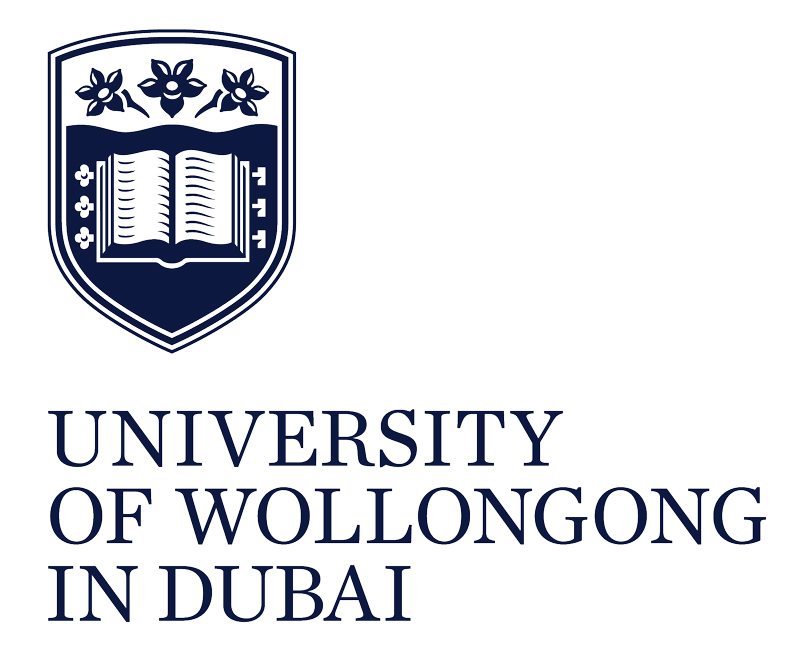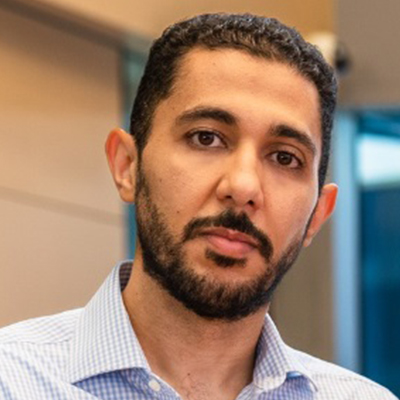

Dr. Obada Al Khatib
Assistant Professor, University of Wollongong in Dubai
“We are very enthusiastic and excited for this project that contributes to positioning Dubai at the forefront of sustainable smart city innovations and solutions. The proposed technology will be fundamental for the integration of AI-based energy harvesting and management into large-scale smart city networks to provide solutions for battery-free IoT sensor networks.”
This project addresses the urgent need for sustainable and efficient power solutions to support the expanding ecosystem of Internet of Things (IoT) devices in smart cities such as Dubai. By revolutionizing urban life, IoT devices are driving innovation and advancements across various domains, including traffic management, environmental monitoring, healthcare systems, and public safety. However, the reliance on battery-powered sensors poses significant challenges, including high maintenance costs, environmental harm, and frequent battery replacements, especially for devices in remote or hard-to-reach locations. To overcome these barriers, this project proposes an innovative rectenna system designed to harvests ambient Radio Frequency (RF) energy from sources such as Wi-Fi, mobile networks as well as dedicated wireless power transmissions. This proposed rectenna technology provides a sustainable and low maintenance solution to efficiently power IoT devices.
The main objective of this project is to develop scalable rectennas with multidirectional reception capability, ensuring efficient energy harvesting across multiple frequency bands regardless of RF source direction. This advanced technology is coupled with AI-driven Power Management Units (PMUs) to dynamically allocate, regulate, and optimize harvested energy, enabling uninterrupted operation of IoT sensor nodes without relying on conventional batteries. This is important as it reduces the dependence on traditional batteries, minimizes electronic waste, lowers maintenance costs, and enables sustainable IoT deployment, even in challenging environments. By facilitating these battery free sensor networks, it paves the way for a smarter, greener future in urban and industrial settings.
In addition to the development of the energy harvesting system, the project will produce a comprehensive RF power density dataset for Dubai and document its findings through detailed reports. These contributions will advance academic understanding and support the practical implementation of energy-efficient wireless power solutions. Aligning with sustainability goals, the project aims to reduce environmental impact while enhancing the efficiency and durability of IoT networks.